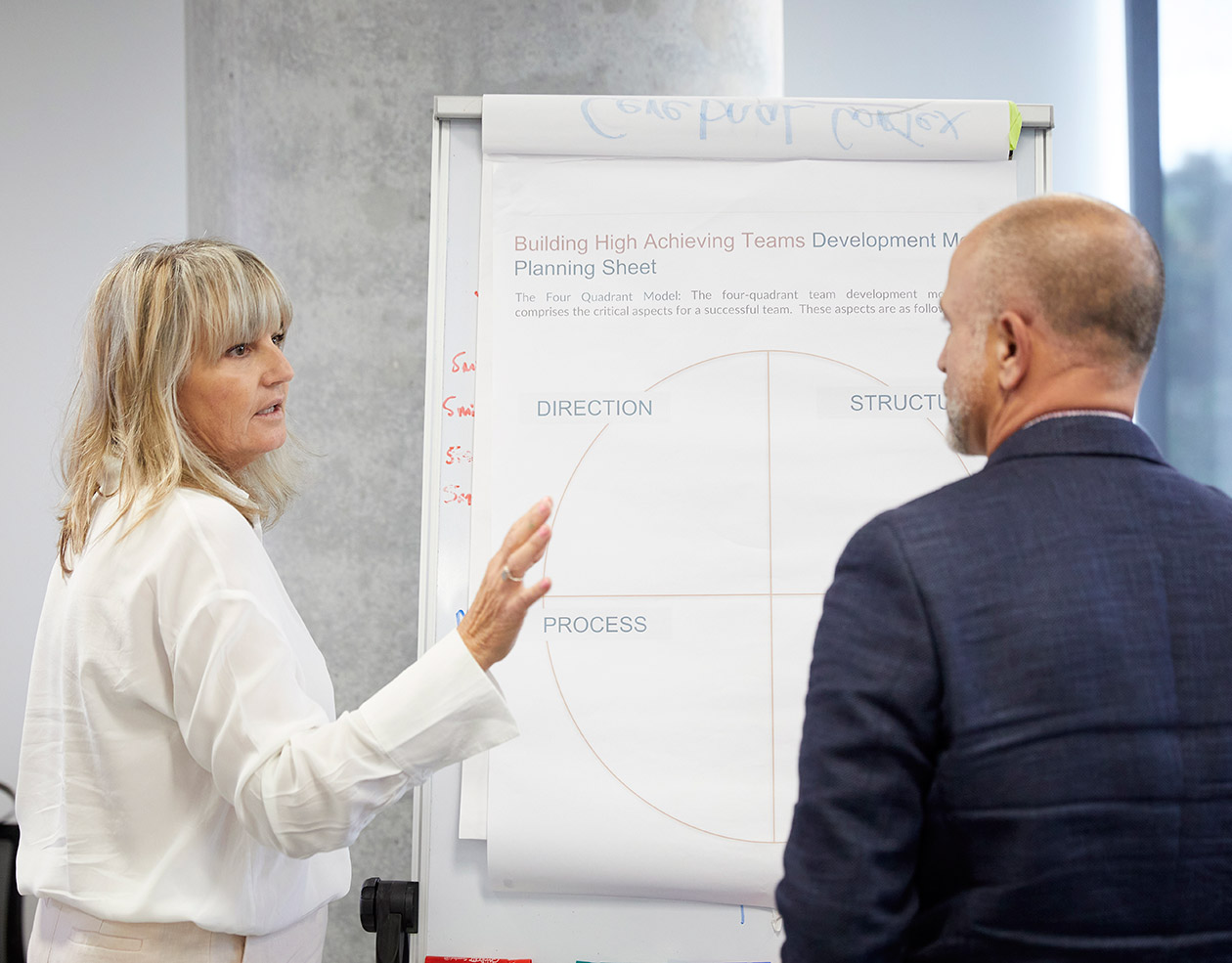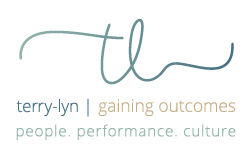
Manage self to manage work and life. Self-leadership is where it starts.
If you’re stuck in a personal or professional rut, unable to progress or improve your situation, then coaching can help. Professional coaching is an ongoing partnership that produces results in every aspect of life. Whether you have a specific goal in mind or need guidance pinpointing your dreams and ambitions, professional coaching fast-tracks your progress by providing greater focus and awareness of choice.
You will deepen your learning, improve performance and enhance your quality of life. Coaching is future-focussed and action-based. You will identify where you are now, how to get where you want to be, and build self-esteem and confidence.
You’ll be surprised how quickly you can move forward. Effective mindset coaching techniques can help identify exactly what you want for life and what hinders you. Positive psychology and neuroscience strategies can unblock stagnant and limiting beliefs, achieve clarity, and increase motivation, focus and performance.
REAL STORY
NEW MEDICAL PRACTITIONERS STEP INTO LEADERSHIP
This particular leadership program was designed to support self-leadership in the next generation of doctors and allied health professionals, and other health-case workers in Queensland. It is aligned with Health Workforce Australia’s (HWA) Clinical Supervision Training series.
Challenges:
Health professionals work in demanding environments with a diverse range of people. They needed to develop resilience and be equipped with coaching techniques to utilise in a clinical context.
Results:
I was engaged to deliver this program to registrars at the beginning of the their careers, training them to self-manage better, and
providing the skills to cope with the stress and pressure of their workdays. The program included 1:1 coaching sessions to support each individual in building capability.
- Following the training, registrars reported an 87% improvement in their ability to influence and motivate teams
- Ability to communicate more effectively with patients about lifestyle
changes or with colleagues about patients - More resilient and were better able to cope with stressful situations
with emotional patients and families - Demonstration of increased ability in a solution-focused mindset and
increased emotional intelligence - 94% felt the training had improved their experience of the workplace


